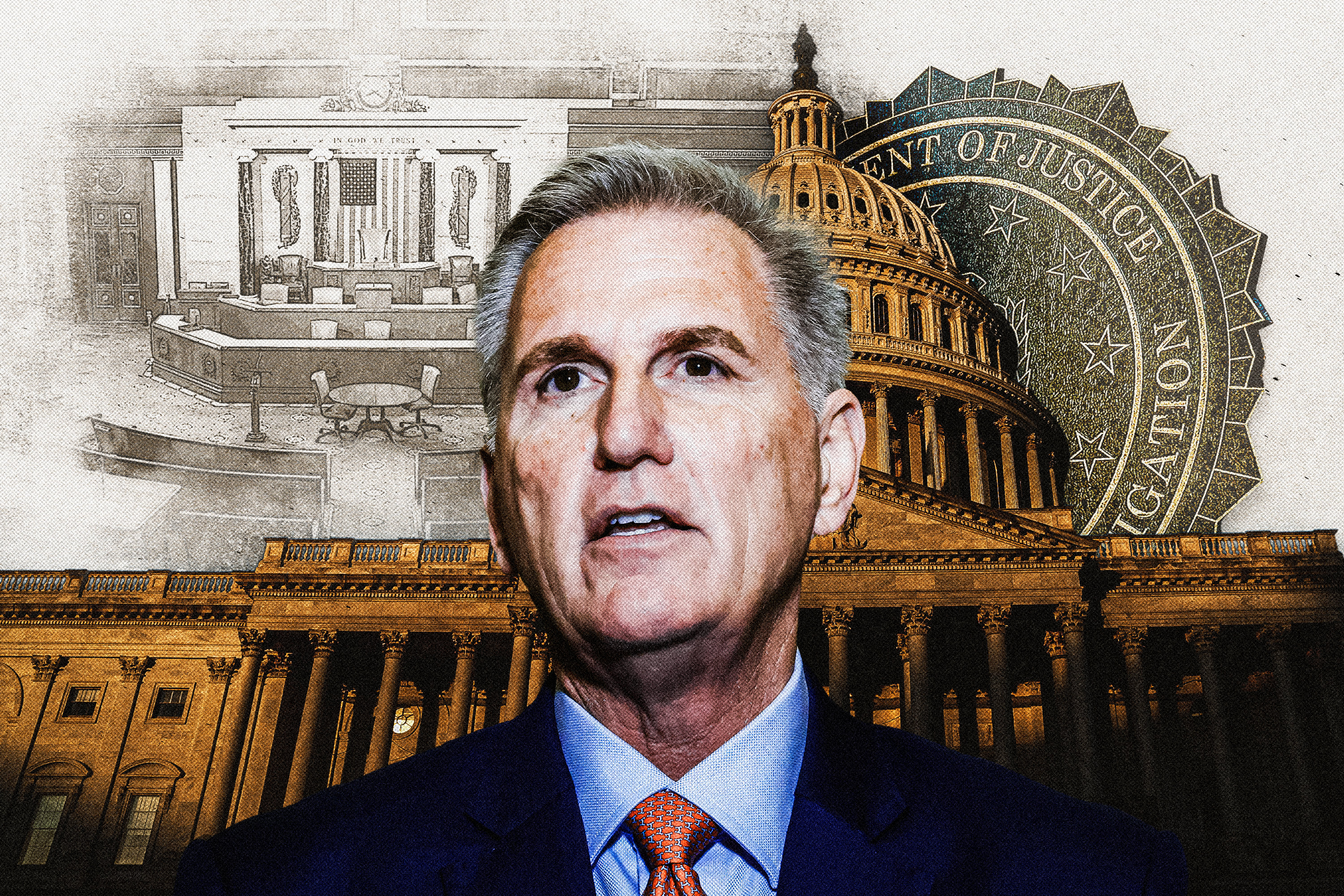WASHINGTON—Speaker of the House Kevin McCarthy’s (R-Calif.) overly cautious approach to investigating allegations involving the Biden family and mismanaging the Republican congressional campaign in 2022 contributed to his historic ouster in October.
His fall was precipitated by eight disaffected Republicans, led by Rep. Matt Gaetz (R-Fla.), acting in concert with the House minority of 212 Democrats. Mr. McCarthy has argued that he would still be speaker but for the intense personal animosity of Mr. Gaetz.










